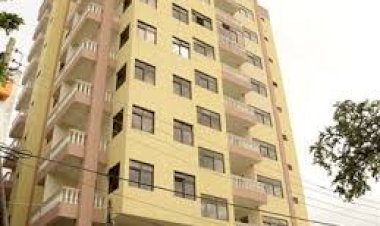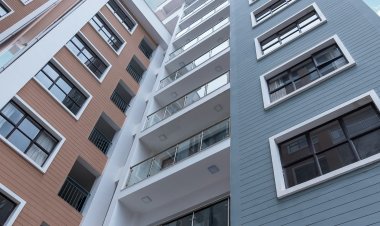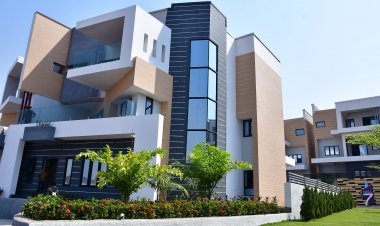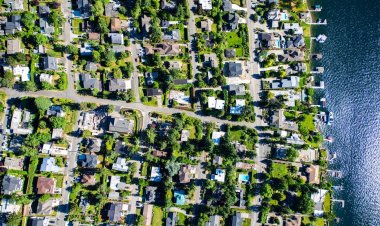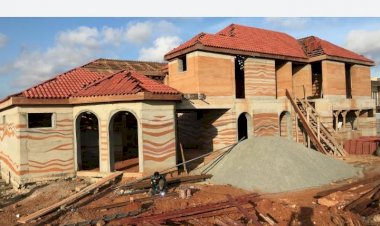All You Need to Know About Reverse Mortgage
A reverse mortgage is a special loan that allows a home owner to access the equity that has accumulated in their home and the home will be the main source of repayment.
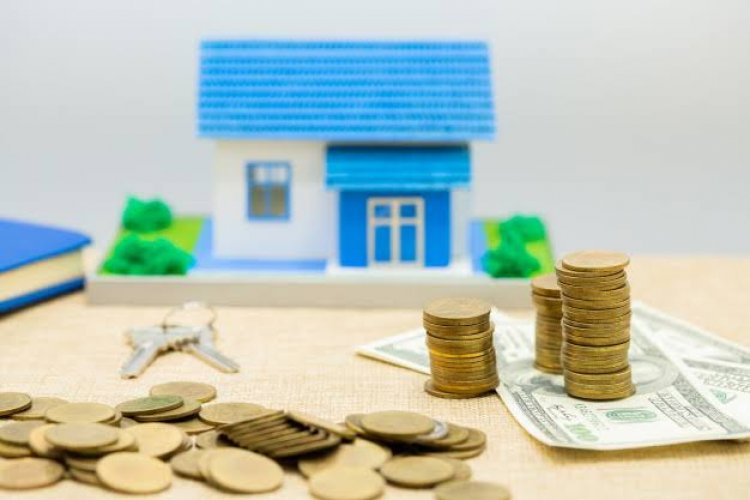
Did you know that there is a way you can be able to make money from your house while still living in it? This is what reverse mortgage is all about. A reverse mortgage is a special loan that allows a home owner to access the equity that has accumulated in their home and the home will be the main source of repayment.
So to put this into a better perspective this is how it works. When you are going to apply for a reverse mortgage you completely own that particular house so with time the bank begins to give you installments and slowly by slowly your stake in that particular house begins to decrease.
In order to apply for a reverse mortgage you need to be 62 years and above, have more than 50% equity on the property and have that particular house as your primary residence. Reverse mortgages are usually given to people who are 62 years and above because many of these senior citizens are house rich but cash poor therefore by applying for this reverse mortgage they get to earn income they would urgently need for their day to day living.
The difference between a reverse mortgage and a home equity loan is that a reverse mortgage does not require you to have a good line of credit while it is vital for you to have a good line of credit when applying for a home equity loan.
Another advantage of reverse mortgage is that there are no taxes on payouts received as it is loan and additionally the borrower can prepay the loan without any charges or penalties. Also, if the borrower is able to live longer than the loan tenure they will continue to live there until such a time when they pass away.
The down side of reverse mortgages is that from the onset you will be using your home equity and therefore very little money will be left for your children. In the event of your passing, the home will be left to the children but they still have to reimburse the loan and in many cases the only way to do so would be by selling the actual house since from the onset the house is made to be used as collateral for the loan.
At the end of the day it is up to an individual to weigh the pros and cons and decide whether taking a reverse mortgage will be beneficial to you and your family, and if so then you may go ahead and acquire it.











